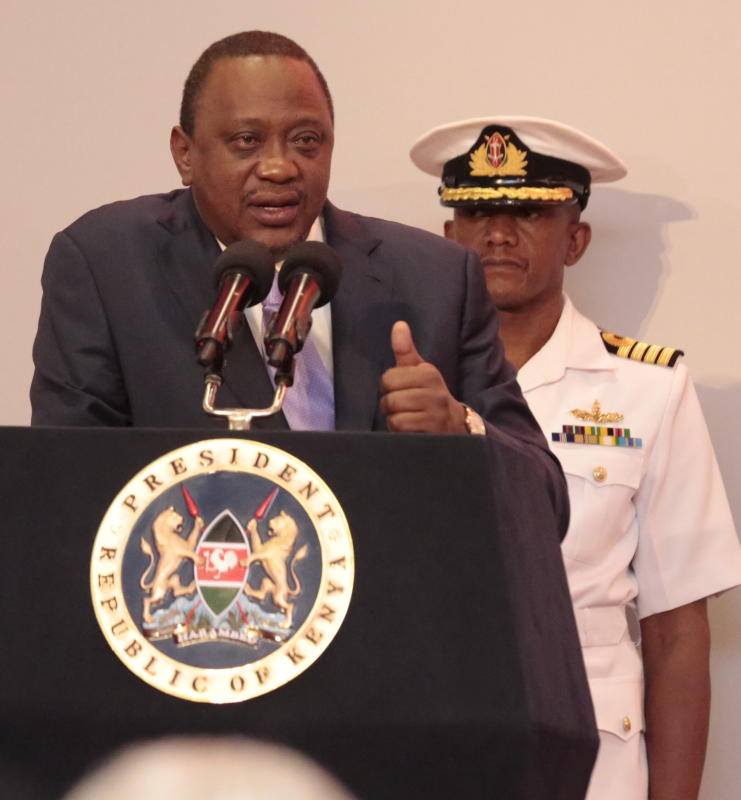×
The Standard e-Paper
Join Thousands Daily

Every year, in every country, the national budget is a big deal.
For all our fascination with political gossip, it is the budget more than anything that determines the future of economies. Investors, businesspeople and citizens wait anxiously to hear about the government’s priorities for the following year. Where will the government invest? What will they cut?